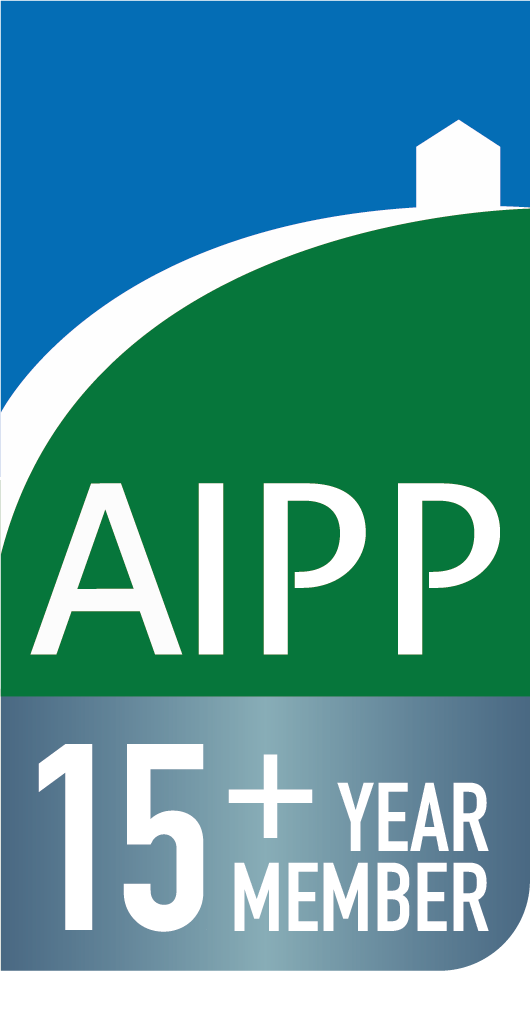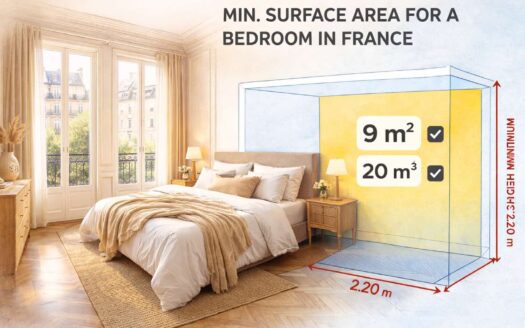The Complete Guide to KYC for Buying French Property
France is one of the most popular destinations for overseas property buyers, particularly in sought-after regions such as the French Alps, Paris, and the Côte d’Azur. Whether purchasing a new-build ski apartment, a charming village resale, or a luxury chalet, every buyer must comply with KYC (Know Your Customer) requirements. Understanding the KYC process, including the required documents and when to provide them, ensures your transaction is efficient, legal, and stress-free.
This guide covers everything buyers need to know about KYC for French property—from the first enquiry through to signing the final deed, whether buying off-plan or a centuries-old stone farmhouse.
What Is KYC (Know Your Customer)?
KYC is a mandatory legal process required under French and EU anti-money laundering (AML) regulations. The aim is to confirm the buyer’s identity, investigate the origin of funds, and assess the legitimacy of the transaction. Compliance is mandatory for all property buyers—individuals, companies, and trusts, whether resident or overseas.
Estate agents, developers, notaires (public legal officials), and banks all have a legal obligation to collect and verify KYC information at different stages of a property transaction. Without successful KYC, the sale cannot move forward.
KYC Timeline: Stages for All Property Types
Pre-Offer and Offer Acceptance
KYC Action:
When making an offer on any French property (new build or resale), agents or developers request partial KYC proof—ID and proof of address. For high-value or foreign buyers, early evidence of funds or banking arrangements may be requested, especially if buyers are transferring significant sums from overseas accounts.
Reservation or Preliminary Contract (Compromis de Vente)
KYC Action:
The reservation contract (common in new-builds) or the compromis de vente (for resale or off-plan) is the first legally binding commitment.Required documents:
Valid passport or EU/EEA ID card
Recent proof of address (utility bill/bank statement)
Origin of funds (bank statements, legal contracts, inheritance, etc.)
Proof of marital status or civil partnership (sometimes required by notaires)
Company purchases: company registry, UBO (Ultimate Beneficial Owner) identification, articles of association
KYC checks are thorough at this stage, carried out by the notaire and, if applicable, by mortgage providers.
Cooling-Off Period
Buyers benefit from a statutory 10-day “cooling-off” period after signing the preliminary contract. During this time, notaires finalize administrative and KYC checks.
Additional or updated documents may be requested, especially if international funds are involved or if there are multiple buyers (joint names, corporate structures).
Mortgage or Financing Stage (if applicable)
Mortgage lenders conduct their own KYC, often requesting detailed income statements, tax returns, and proof of legitimate asset holdings.
For buyers using overseas financing, extra evidence linking the source of loan funds or overseas transfers may be needed.
Final Deed Signing (Acte de Vente)
The notaire conducts a final KYC check before the deed of sale is signed. All earlier documentation must be current. Transfers of the final purchase funds are tracked and must align with the source of funds presented.
Last-minute issues—such as unexplained changes in the buyer’s situation or incoming funds from unverified sources—can halt completion and trigger regulatory investigations.
Are English Documents Accepted?
In popular international markets such as the French Alps, Côte d’Azur, and Paris, most developers and notaires accept KYC documents in English (passports, bank statements, official letters). If a document is in another language or the contents are unclear, a certified French translation may be requested, especially for more complex transactions or if required by a cautious notaire.
It’s best to ask before submitting to avoid administrative delays.
KYC Requirements by Property Type and Stage
| Stage | Individuals | Companies | Language Accepted | Who Verifies |
|---|---|---|---|---|
| Offer/Reservation | ID, proof of address | Corporate registry, UBO IDs | English (in most resorts) | Agent/Developer |
| Compromis de Vente/VEFA | Origin of funds, marital status | Articles of Association, financials | English (French on request) | Notaire |
| Mortgage Processing | Income, tax returns | Company accounts, director IDs | English, but some banks may ask for French | Bank, Notaire |
| Final Deed (Acte de Vente) | Full updated KYC | Updated registry/UBO/financials | English (French may be required) | Notaire |
Practical Tips for a Smooth KYC Experience
Prepare early: Collect all relevant KYC documents before starting the search. Keep digital and original copies handy.
Be transparent: Clearly explain the source of funds. Large unexplained bank transfers can trigger extra checks.
Check document dates: Utility bills or official letters must be recent (within 3 months).
Company buyers: Prepare a list of all beneficial owners and official company documents.
Clarify with your agent/notaire: Always check if English documents are accepted or if certified translations will be required later in the process.
Respond quickly: Delays in providing KYC can halt the entire transaction pipeline.
KYC is an unavoidable—and essential—part of buying any property in France. Whether opting for a stylish new-build or a classic resale, buyers will encounter KYC checks at every stage. Starting early, gathering the right documents, and working with professionals accustomed to the needs of international buyers are the surest paths to a seamless purchase experience.
The process reinforces trust, transparency, and security for all parties. By understanding and anticipating KYC, overseas buyers can sidestep unnecessary delays and savor the excitement of property ownership in one of France’s most desirable regions.
Quick search
Ready to Buy your ski Home?
Get in touch with our French Alps team to secure your ideal ski property.

Domosno — member of the
Association of International Property Professionals
since 2010



